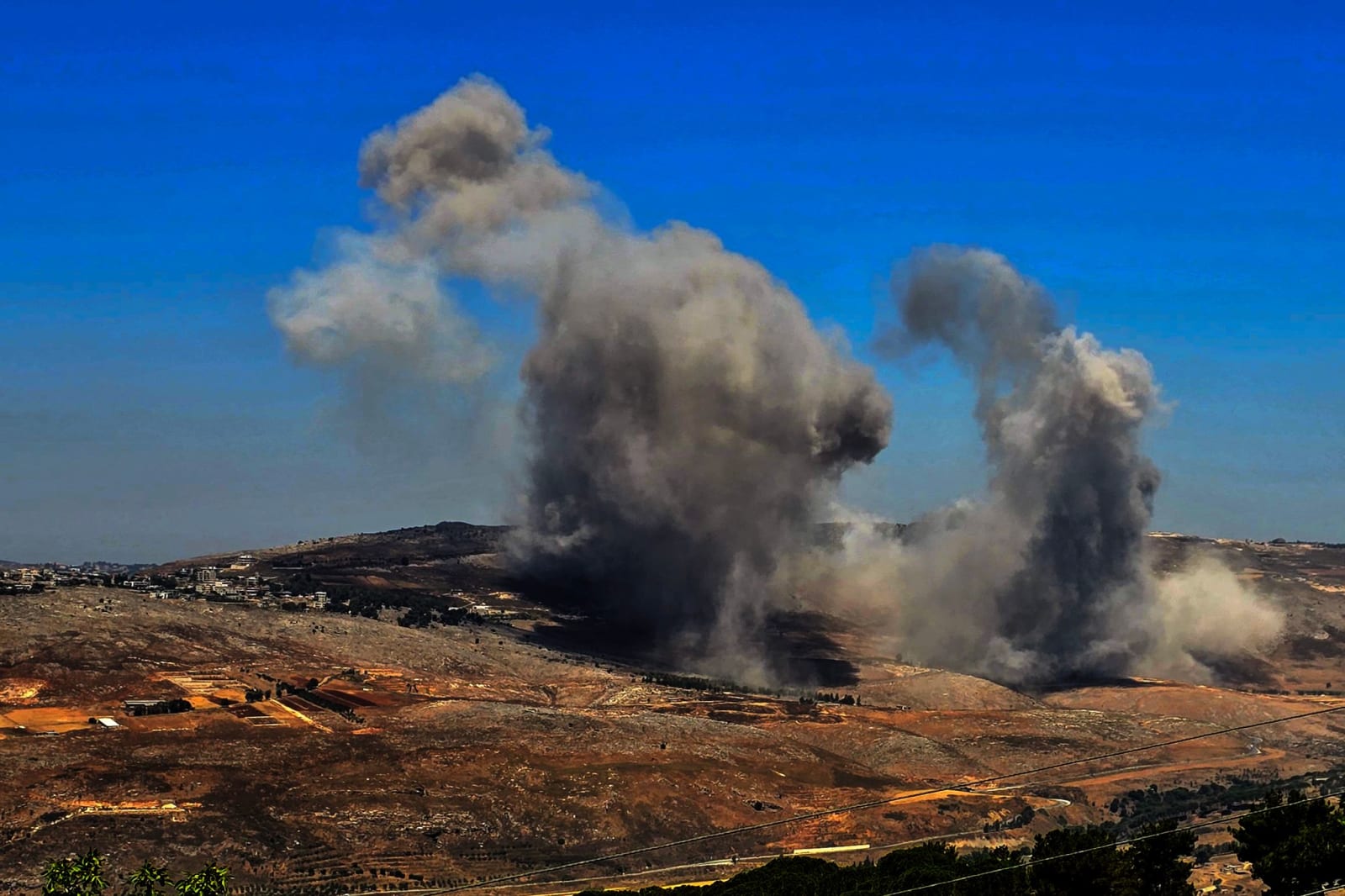Israeli Drone Strike in Northern Lebanon Results in Casualties
A recent Israeli drone strike in northern Lebanon has resulted in the deaths of at least two individuals, according to reports from Lebanese security sources and the Ministry of Health. The incident occurred in the Al-Ayrouniyeh area near the northern city of Tripoli, where a vehicle was targeted. In addition to the fatalities, three other people were injured, as confirmed by the Health Ministry.
Lebanese security officials have stated that the primary target of the attack was a Hamas operative. This information aligns with the statements released by the Israeli military, which confirmed the operation and claimed that it had “struck and eliminated” one of “Hamas’ key commanders in Lebanon.” The military’s statement, shared on Telegram, emphasized that the removal of this individual significantly damages Hamas’ terror activities in the region.
Hamas, a Palestinian militant group based in Gaza, is known for its strong connections with Hezbollah, a pro-Iranian movement operating in Lebanon. These ties have made the group a focal point of regional tensions, particularly between Israel and its adversaries in the area.
In November, a ceasefire agreement was established between Hezbollah and Israel, under which the Iran-backed group was expected to withdraw its fighters north of the Litani River, roughly 30 kilometers from the Israeli border. This agreement aimed to reduce hostilities and stabilize the volatile region.
The Lebanese Army and United Nations peacekeepers were designated as the sole armed forces allowed to operate in southern Lebanon. However, Israel has continued to maintain military positions in five strategic locations within the region. Despite the ceasefire, Israel has reiterated its commitment to ongoing operations until Hezbollah is fully disarmed.
This latest strike highlights the persistent conflict between Israel and groups like Hamas and Hezbollah, which are perceived as threats to Israeli security. The situation remains complex, with various actors involved in the ongoing struggle for control and stability in the region.
As tensions continue to escalate, the international community remains watchful of developments in the area. The impact of such attacks on civilian populations and the broader implications for regional security cannot be overlooked. With the potential for further violence, the need for diplomatic efforts and conflict resolution becomes increasingly urgent.
The events in northern Lebanon underscore the fragile state of peace in the region and the challenges faced by all parties involved. As the situation evolves, it will be crucial to monitor future actions and their consequences, ensuring that the rights and safety of all civilians are prioritized.







